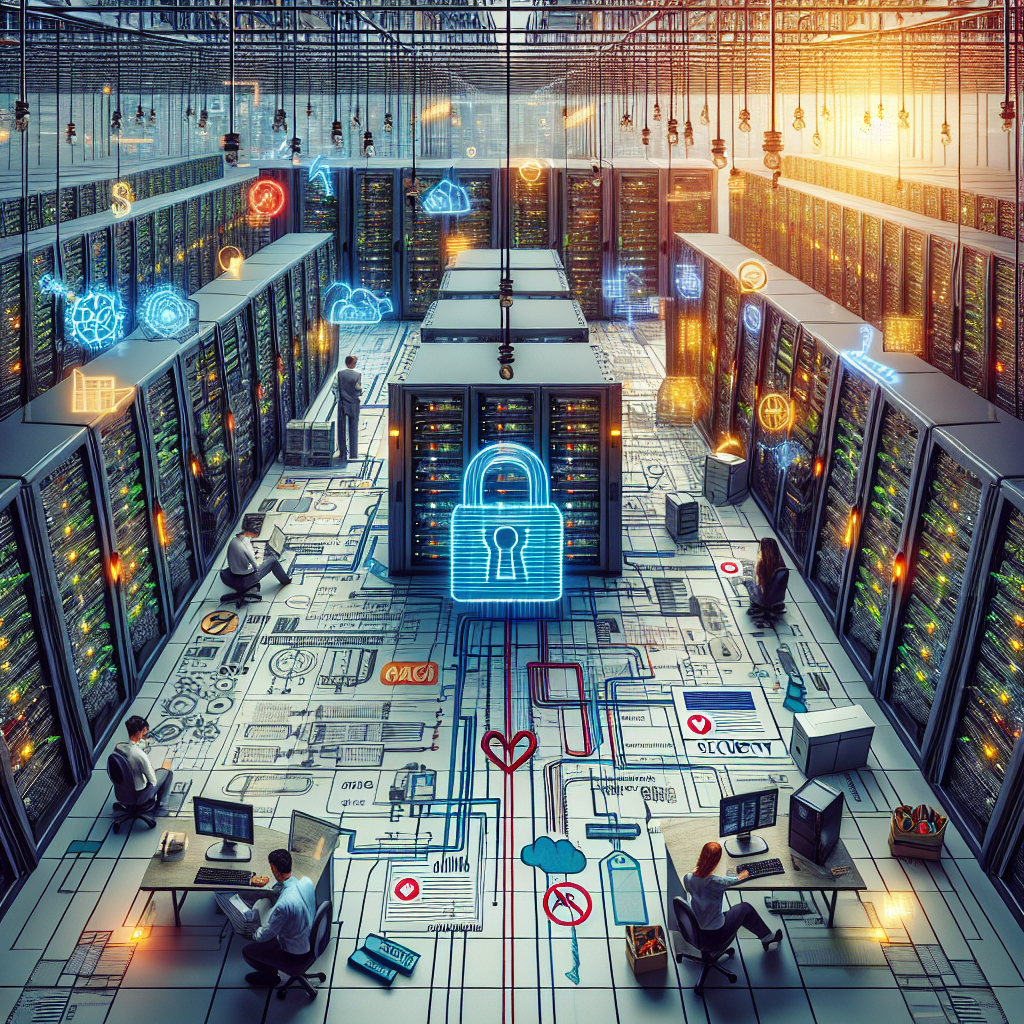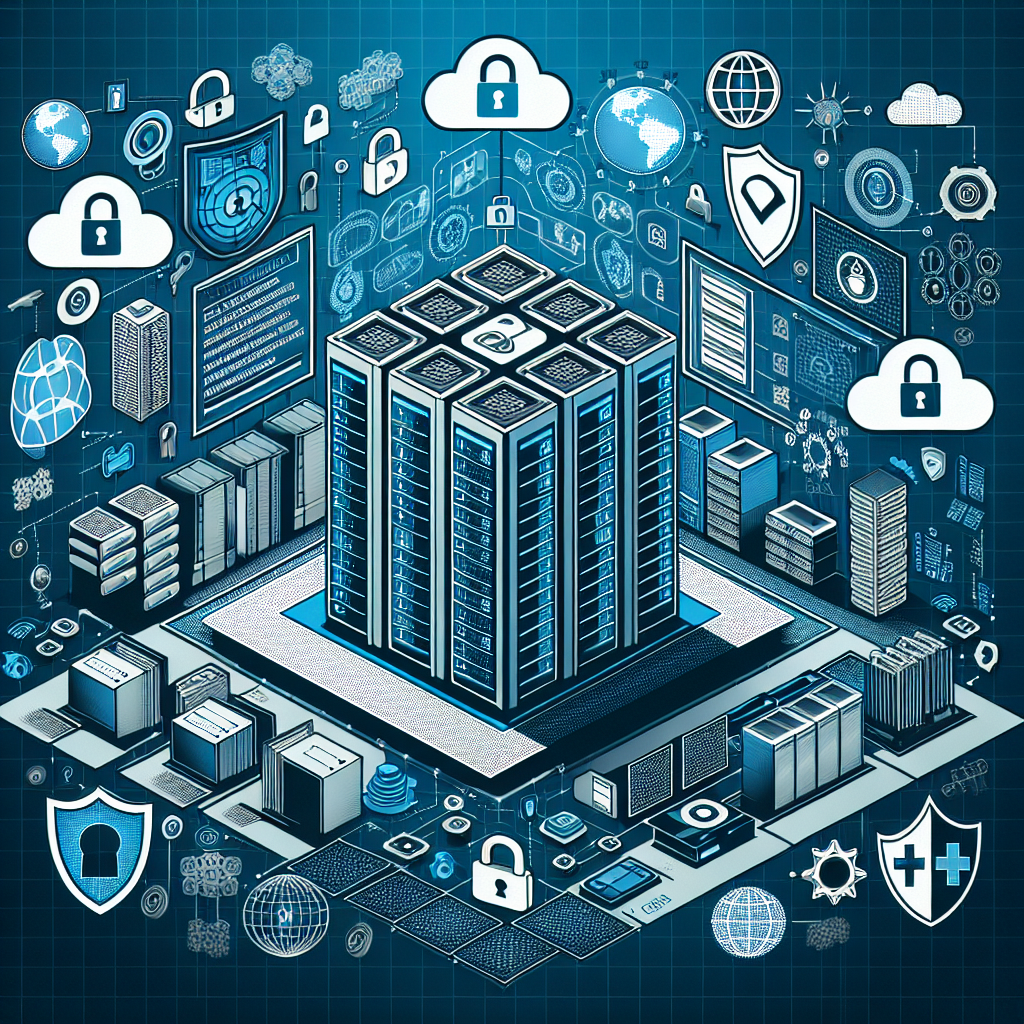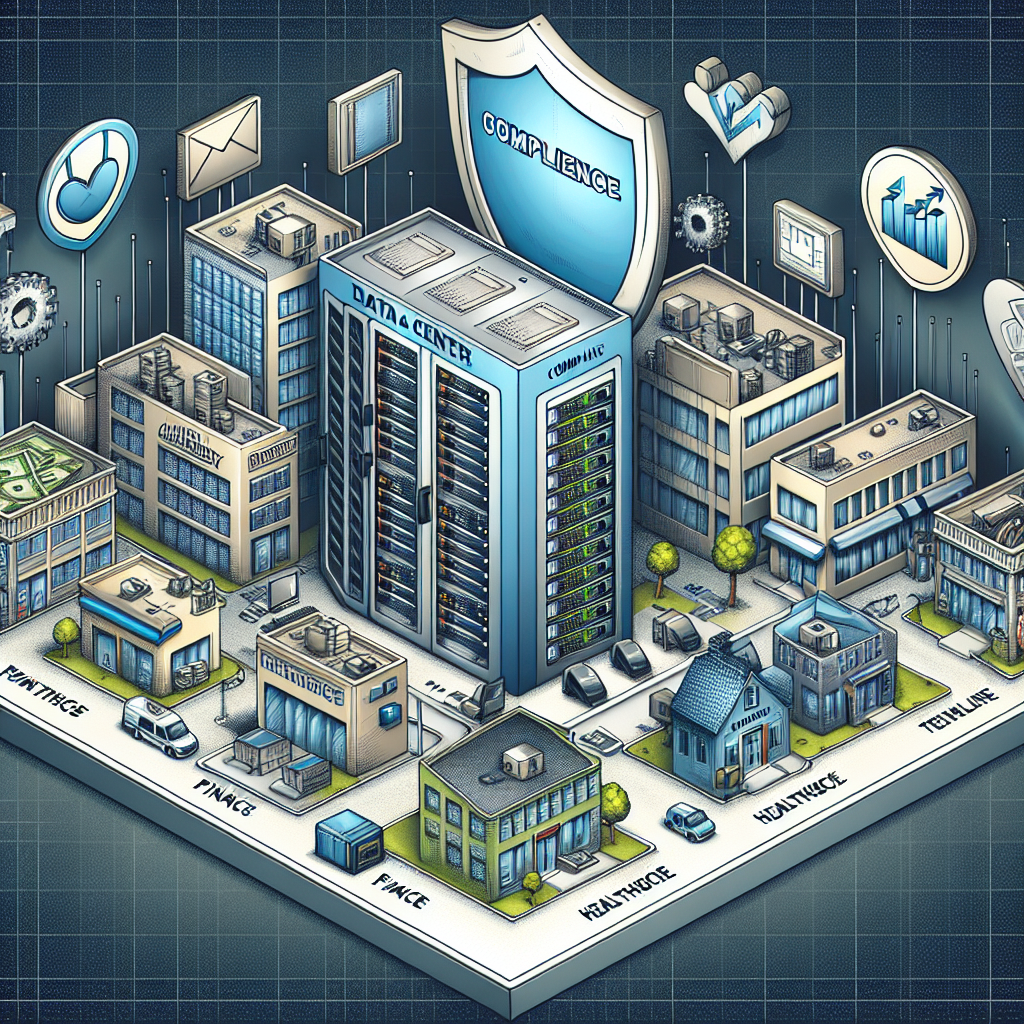In today’s digital age, data centers play a crucial role in storing and processing vast amounts of information for businesses and organizations. With the increasing importance of data security and privacy, compliance regulations are becoming more stringent to ensure that sensitive information is protected from cyber threats and breaches. Understanding the impact of compliance regulations on data center operations is essential for organizations to remain compliant and avoid costly penalties.
Compliance regulations, such as the General Data Protection Regulation (GDPR), the Health Insurance Portability and Accountability Act (HIPAA), and the Payment Card Industry Data Security Standard (PCI DSS), set forth guidelines and requirements for how organizations should handle and protect data. These regulations aim to safeguard personal and sensitive information, prevent data breaches, and maintain the trust of customers and stakeholders.
For data centers, complying with these regulations involves implementing robust security measures, such as encryption, access controls, and monitoring systems, to protect data from unauthorized access and cyber attacks. Data centers must also ensure that their infrastructure meets the requirements outlined in the regulations, such as physical security measures, data backup and recovery procedures, and disaster recovery plans.
The impact of compliance regulations on data center operations can be significant. Compliance requirements may necessitate changes to the data center’s architecture, infrastructure, and processes to meet the security and privacy standards set forth in the regulations. This may involve investing in new technologies, upgrading existing systems, and training staff on compliance protocols.
Furthermore, non-compliance with these regulations can result in severe consequences for organizations. Data breaches and violations of compliance regulations can lead to costly fines, legal action, reputational damage, and loss of customer trust. Therefore, it is imperative for organizations to prioritize compliance and ensure that their data center operations meet the necessary regulatory requirements.
To effectively navigate the complexities of compliance regulations, organizations should work closely with compliance experts, IT professionals, and legal counsel to develop a comprehensive compliance strategy. This strategy should include regular audits, risk assessments, and training programs to ensure that data center operations remain compliant with the latest regulations.
In conclusion, understanding the impact of compliance regulations on data center operations is essential for organizations to protect their data, maintain compliance, and mitigate risks. By implementing robust security measures, investing in the necessary technologies, and staying informed about the latest regulatory changes, organizations can ensure that their data center operations remain secure and compliant with industry standards. Compliance regulations may present challenges, but they also offer an opportunity for organizations to strengthen their data security practices and build trust with their customers.










